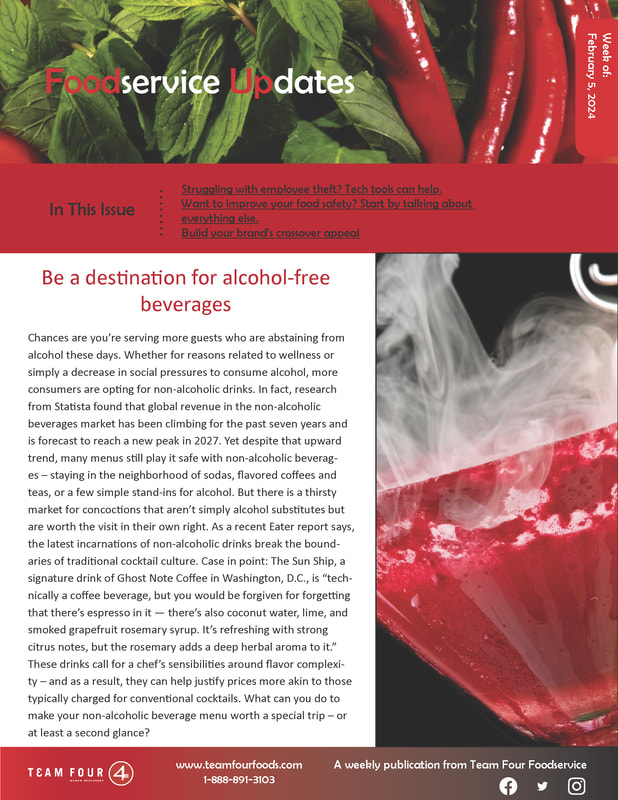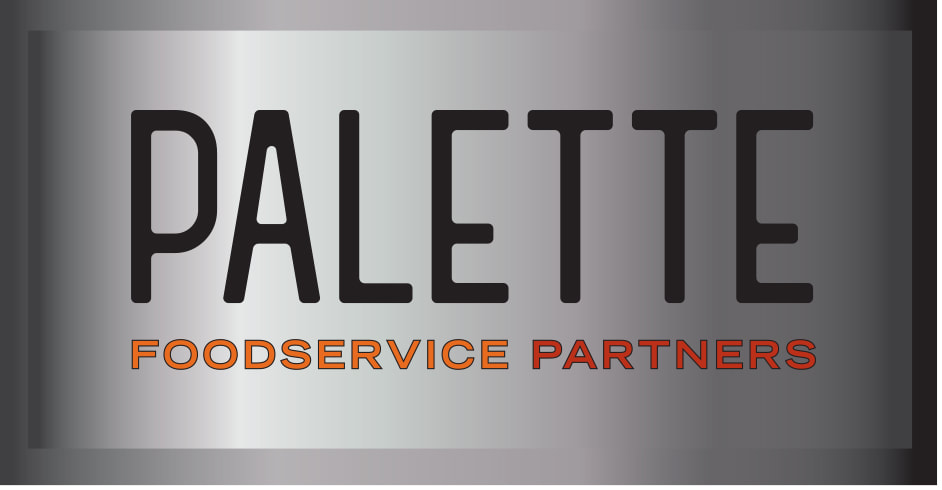 Love them or hate them: Restaurant reviews are powerful. Economists at the University of California, Berkeley found that a half-star improvement on Yelp’s 5-star rating scale makes a restaurant 30-49 percent more likely to be fully booked during peak dining times. Google has become especially important, attracting 73 percent of all online feedback, because so many people find a restaurant by searching Google Maps. At the same time, reviews carry risk for restaurants. Guests may not feel inspired to write a review unless they have an extremely good or bad experience, and the bad reviews often amount to noise, including nothing that could actually be used to improve the business. Accordingly, research from Nationwide Insurance and Edelman Data & Intelligence found that when restaurant operators were asked about their digital risks, 25 percent of them reported that managing negative reviews was among their biggest risks. This is where you can lean on your special occasions – like your holiday gatherings, contests and other features of this time of year that delight guests – as well as your loyalty program. Target these guests when asking for reviews. After they visit, send them an email or text asking them to share their review on Google if they enjoyed their meal (and link to the review page so it’s easy for them). Include some simple boilerplate language on each of the general messages you send to your list and invite people to leave a review. When you serve a happy group that has clearly had a great experience with you, consider mentioning at the end of their meal that they will be getting an invitation to review their experience – and that their feedback really does help you. Comments are closed.
|
Subscribe to our newsletterArchives
July 2024
Categories
All
|



 RSS Feed
RSS Feed